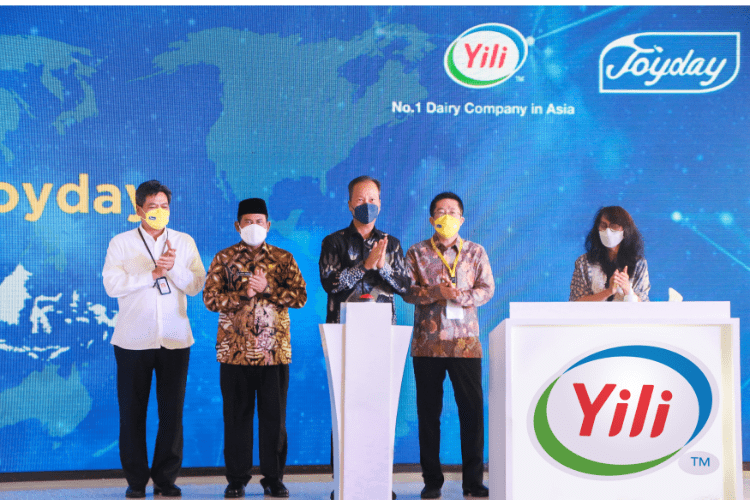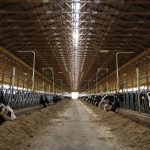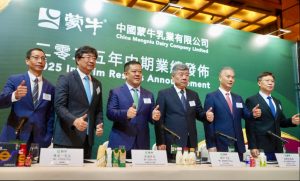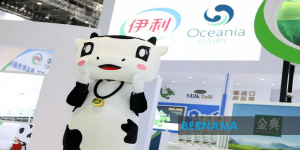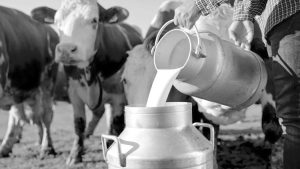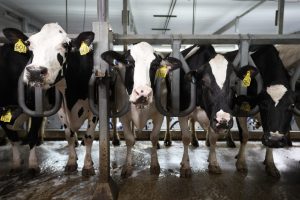
Ice creams and frozen desserts were one of the fastest-growing food products in Indonesia in 2019, continuing a multi-year growth streak for the category.1 From 2014 to 2019, the retail value of ice cream and frozen desserts sold in Indonesia climbed from $286.3m to $416.9m, a 46% rise in just six years. Growth in ice cream and frozen dessert sales outpaced that of the broader snack market.
The category is forecast to benefit from increased disposable income in Asia-Pacific. GDP per capita in the East Asia and Pacific region hit $11,500 in 2019, up from less than $7,000 a decade earlier.2 The growth stalled in the pandemic-affected 2020 but Mordor Intelligence analysts see “a rising trend of disposable incomes in the coming years.”3 As “the greater part of the disposable income is spent on food,” the analysts expect consumption of ice cream to increase as people become wealthier.
As disposable income rises, the ice cream people eat is changing, with the analysts noting the growth of health-conscious consumers who want high-quality ingredients and will pay premium prices. The trend has benefited Joyday ice cream, which has expanded to 260 Indonesian cities since it came to market in 2018. Joyday is made with milk and high-quality ingredients, aligning it with consumer trends, and comes in varieties such as mung bean that cater to health-conscious consumers.
Research suggests the growth will continue. From 2020 to 2025, the Indonesian ice cream market is tipped to achieve a compound annual growth rate (CAGR) of 7%, bringing the value of the sector up toward $1bn by the end of the period.4 The forecast growth underpins the decision of the United States Department of Agriculture to name ice cream as one of the seven best prospective products for the Indonesian food retail market.1
Building Indonesia’s biggest ice cream factory
Yili responded to the growth of Joyday by choosing Indonesia as the site for its first self-built factory in Southeast Asia, thereby furthering a globalization strategy defined by a philosophy of mutual development. The philosophy has led Yili to collaborate with global partners and participate in local communities to drive personal and economic growth.
The opening of the factory gives Yili dual centers in Southeast Asia, with the Indonesian plant joining an existing ice cream production base in Thailand, and positions the company to strengthen its ties to local partners. When the second phase of the project is complete, the facility will have a daily production capacity of 4m ice cream products. Yili expects the plant to be the largest ice cream factory in Indonesia, with daily production capacity rising from 159 tons to 343 tons once the second phase of the project is operational.
Having invested RMB 867m ($136m), Yili has now finished the first phase of the project. The resulting factory features Internet of Things devices and big data analytics, enabling Yili to easily monitor the energy system and water treatment system, fully automate the production lines, and run the cooling system without manpower.
Sustainability is another focus of the facility. Yili has adopted a green supply chain management strategy and built a wastewater treatment system with a daily capacity of 2,800 tons. Reclaimed water is used for irrigation of plants in the factory, saving 4,000 tons of water per year, and the use of high-efficiency, energy-saving motors and natural gas boilers helped to cut electricity consumption by 1.21m kilowatt-hours a year and carbon dioxide emissions by 8,029 tons a year.
The investments in sustainability position Yili to better serve people and the planet by producing ice creams to meet rising demand in Indonesia and overseas while minimizing its environmental impact.
